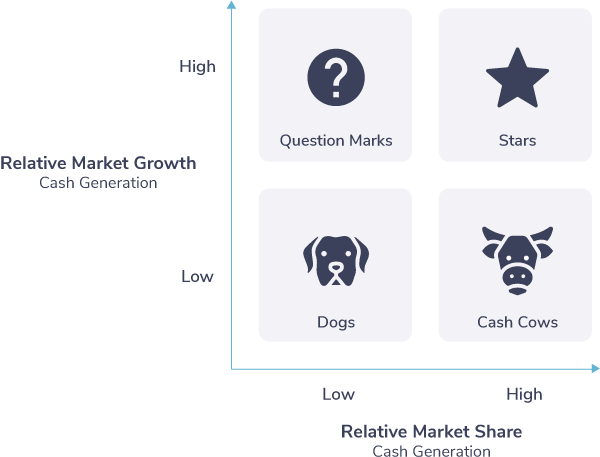Product Portfolio Analysis
Sirius Consultancy International assists its clients in evaluating their product portfolio based on market and applications needs.

Product Portfolio Analysis
Sirius Consultancy International assists its clients in evaluating their product portfolio based on market and applications needs.
Product Portfolio Management
Top-performing chemical companies persistently manage their portfolios by continually identifying and capitalizing on new business opportunities for value creation and methodically divesting underperforming businesses. No matter which segment a chemical company falls into, the pathway to successful portfolio transformation often involves considering how the basis of competition is changing.
Firstly, product portfolio analysis is used to assist in planning product development and strategy by analyzing an existing portfolio to decide which products should receive more or less investment. Secondly, it is used to add new products to the portfolio and decide which products and businesses should be eliminated. As such, product portfolio management is part of a broader innovation management approach.

How can we help you evaluate your biobased product portfolio?
New opportunities
Chemical companies can prepare for the new opportunities and build lasting business strength by tracking the larger trends shaping consumer preferences and end-markets to extract more value from current resources and assets. For example, with governments worldwide restricting single-use plastics, and public gaze shifting to sustainability and carbon footprint, chemical companies are expected to develop new sustainable products and business models.
Product Lifecycle Management
Product lifecycle management refers to the handling of product as it moves through the typical stages of its product life: development and introduction, growth, maturity/stability, and decline. This handling involves both the development and manufacturing of the product and the marketing of it. The concept of product life cycle helps inform business decision-making, from pricing and promotion to expansion or cost-cutting.

